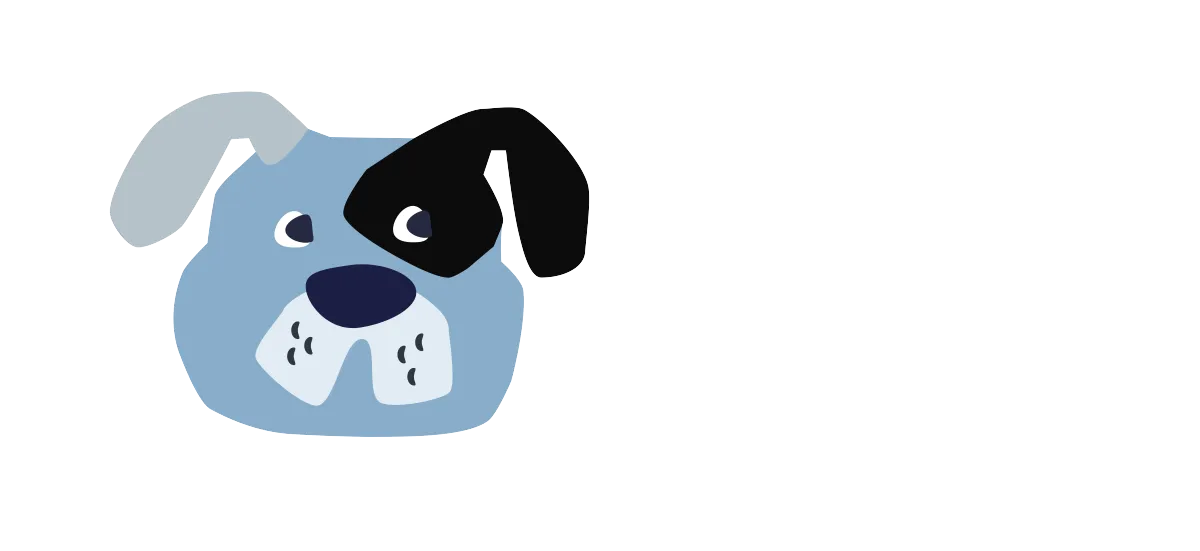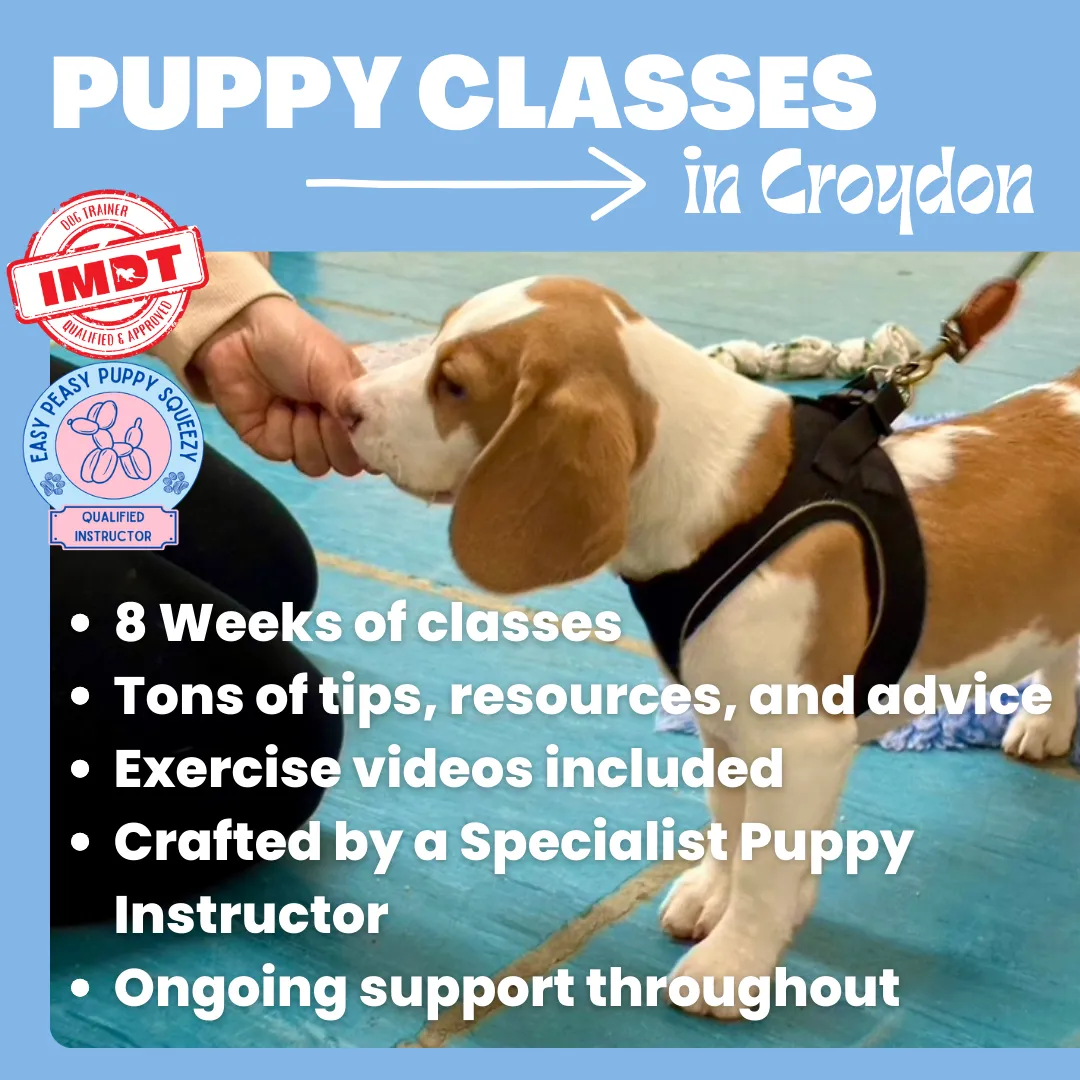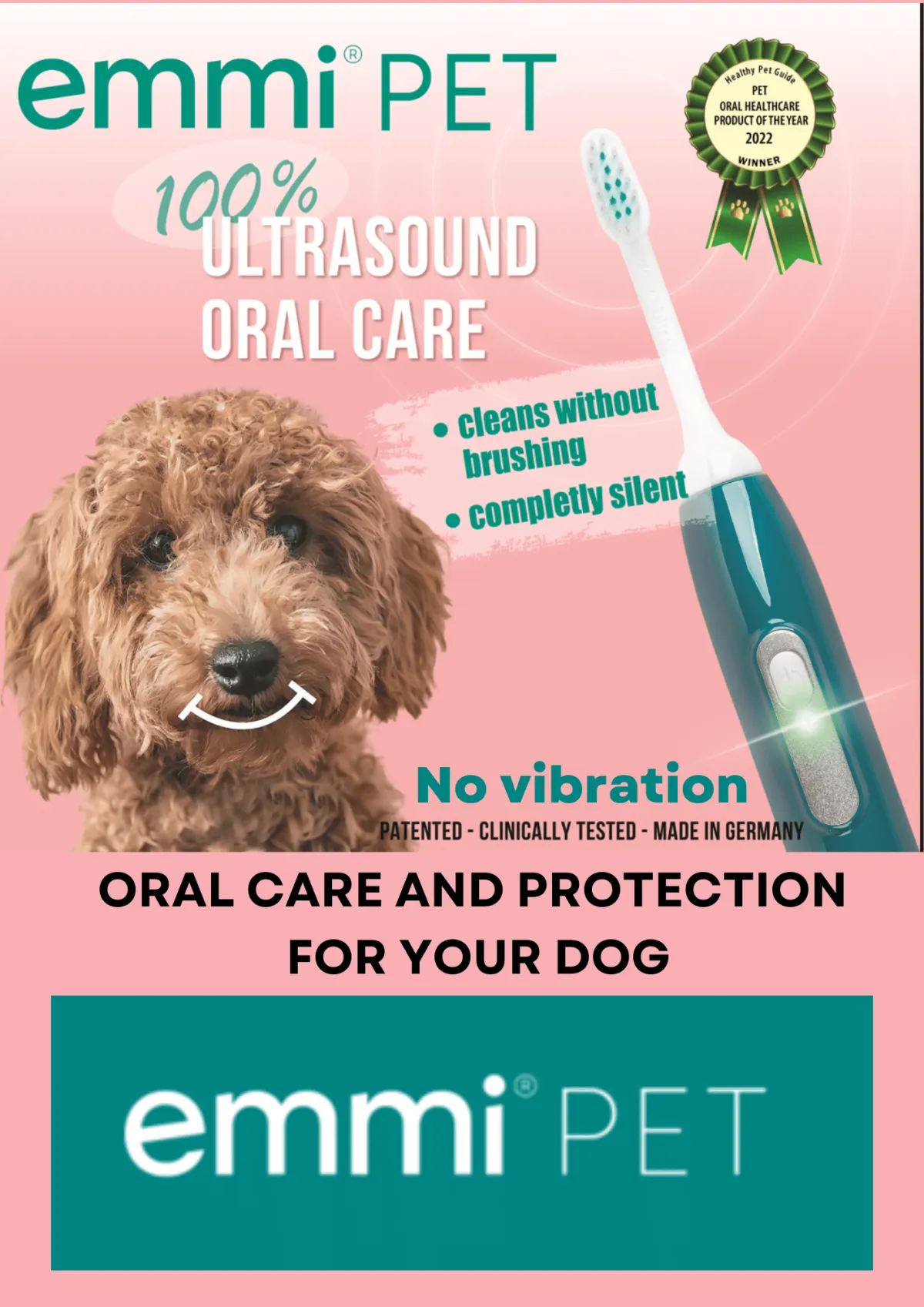Speak with me directly
The best way to get in touch and to get your questions about training answered is to book your free discovery call below!
This call is a no-pressure way to touch base, get a feel for what I'm like, and to talk through your initial queries. On my end, the call allows me to best advise you on next steps to take, and to help get things underway.
Booking in also gives me the opportunity to really give you my attention for our slot! Often during the working day it can be hard for me to get to the phone, so by booking a slot you can guarantee that we'll be able to speak.
If you have any issues with booking in a call or another service through my site, please reach out to me via Whatsapp on 07889755440
© 2025 Toby Duncan Dogs. All rights reserved.

















Facebook
Instagram
Youtube
WhatsApp